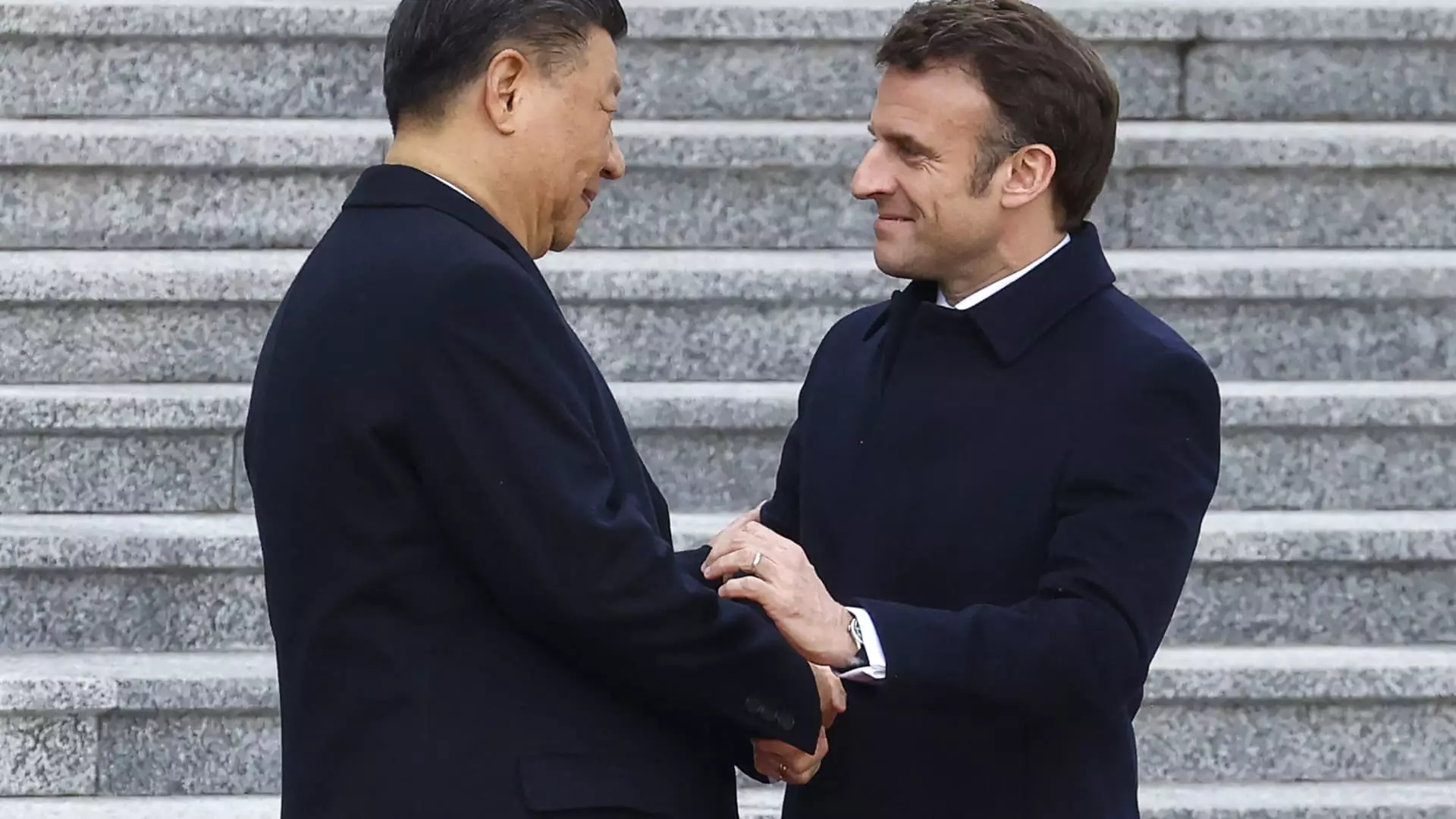The interactions between Europe and China have been increasingly complex, with economic ties playing a significant role in the relationship. The EU-China trade, estimated at 2.3 billion euros per day, demonstrates the extensive economic interactions between the two regions. However, this economic interdependence is now intertwined with geopolitical concerns. European carmakers are facing challenges from subsidized Chinese electric vehicles, raising questions about fair trade practices. Additionally, concerns have been raised about alleged Chinese spies in European capitals and China’s defense trade with Russia, especially in light of the situation in Ukraine.
Chinese President Xi Jinping’s recent trip to Europe has garnered significant attention, particularly due to the shifting dynamics in global politics. Xi’s visit to France, Serbia, and Hungary has been closely monitored for any indications of changing alliances or priorities. European leaders, including French President Emmanuel Macron, have emphasized the need for greater economic and strategic independence from other global powers. This push for autonomy is a response to the evolving U.S.-China rivalry and uncertainties about future U.S. support for trans-Atlantic allies.
The visit has not been without its challenges, as protests in Paris highlighted concerns about human rights issues in Tibet and Xinjiang. Activists calling for a free Tibet staged demonstrations in the French capital, urging France to address these rights violations during Xi’s visit. On the diplomatic front, discussions are expected to focus on fair trade policies and China’s role in the Ukraine conflict. European Commission President Ursula von der Leyen and President Macron are likely to press Xi on using China’s influence with Russia to help de-escalate the situation in Ukraine.
As Europe navigates its relationship with China amidst shifting global dynamics, the continent faces critical decisions regarding economic cooperation, strategic autonomy, and human rights advocacy. The EU’s investigation into Chinese subsidies and the potential tariffs on Chinese electric vehicles signal a willingness to address trade imbalances. At the same time, European leaders are grappling with the broader implications of China’s growing power and its impact on regional stability. Xi’s visit serves as a reminder of the intricate web of economic, political, and social factors that shape the relationship between Europe and China in the 21st century.


Leave a Reply